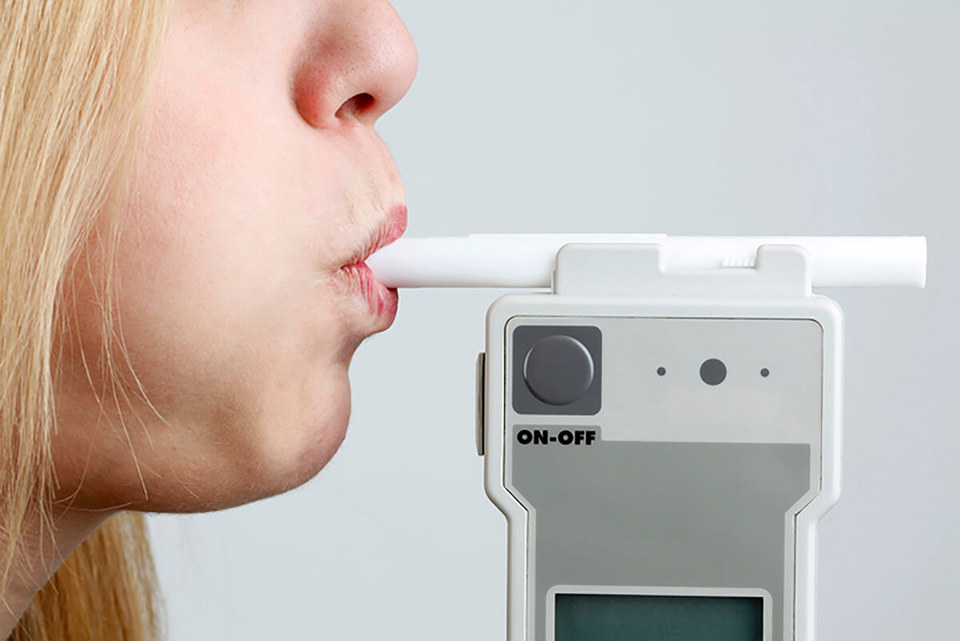A set of recommendations on best practice in enforcing alcohol and drug legislation has been issued by TISPOL, the European Traffic Police Network.
The recommendations accompany the publication of the organisation’s policy paper on alcohol and drug enforcement, the first of three documents to be published on core casualty reduction topics.
TISPOL recommends the following actions across every European country, in order to continue bringing down deaths and serious injuries in road collisions, where alcohol or drugs are a factor:
- A reduction of the blood alcohol limit to a maximum 0.5mg per ml (only the UK and Malta now have higher limits).
- Lower limits for professional drivers and newly qualified drivers.
- Random testing for alcohol and drugs.
- Zero tolerance for driving with any illicit drug present in the system.
- Routine testing of every driver stopped by police or involved in a collision.
“Driving with illicit drugs in the system is a global issue of increasing concern,” said Chief Superintendent Pasi Kemppainen, who chairs TISPOL’s Alcohol and Drug Working Group.
“For example, a study of injured drivers in France showed that 14% also tested positive for cannabis. Drugs were also found in more than 40% of injured drivers in two groups tested in the Netherlands.
“Elsewhere, a survey of more than 500 high school students in Canada revealed that 19.7% admitted to driving within an hour of using cannabis. A shocking 27% of more than 3,400 drivers killed in road accidents in Australia had some form of drug in their body system. In 14% of cases it was cannabis.”




















Login to comment
Comments
No comments have been made yet.